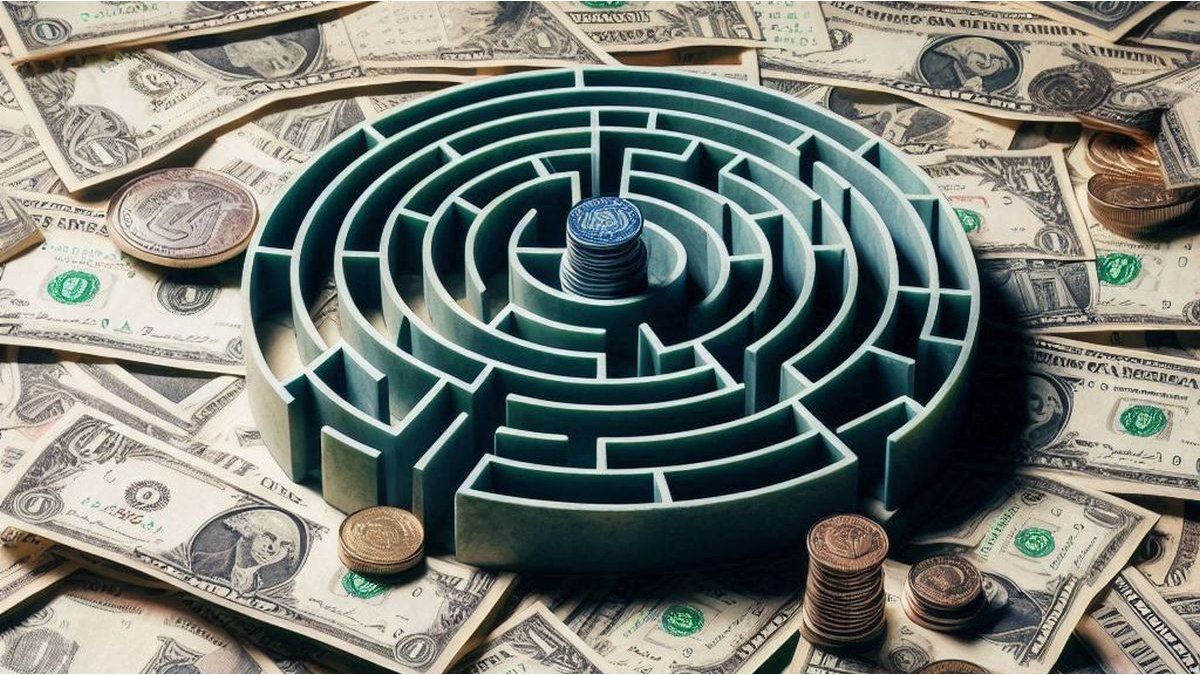Mindfulness makes our life better. You’ve read that over and over again for years. But is that true? Martina Aßmann is an occupational physician, psychotherapist and chairwoman of the MBSR association in Germany. In an interview, she explains the opportunities and risks of the practice.
Mindfulness has now become a real trendy term. Martina Assmann, you are chairpersons of the MBSR association. MBSR (Mindfulness Based Stress Reduction) is the first mindfulness training that has been proven to help. What’s it all about?
Psychology professor Jon Kabat-Zinn developed the system based on his own experience. He is said to have experienced severe pain himself during a meditation and then noticed that the sensitivity to pain decreases when he meditates. To do this, he freed Buddhist meditation from the religious aspect and focused on the individual effects.
We still apply the principle from 1979 in its original form today. The program lasts eight weeks worldwide, which makes it very easy to compare. That is why we now know from numerous studies that the quality of life of the participants increases.
The urge to be distracted
What exactly can MBSR do?
MBSR is about managing stress and dealing with worry and negative feelings in a healthy way. We quickly come up with strategies to distract ourselves from negative emotions or problems, for example through Netflix, social media or even drinking alcohol. Mindfulness, on the other hand, is about avoiding this avoidance behavior and learning to consciously deal with all aspects of life.
For me, mindfulness always means living in relation to yourself and your environment. Mindfulness is not a hobby or a phase, but a basic attitude. Those who follow the program for the whole eight weeks can demonstrably sleep better and have a generally better quality of life.
They say we tend to be distracted all the time. Why?
Negative feelings originate in an ancient brain region, the brainstem. As soon as an emotion that is negative for us arises, we start to systematically look for solutions in our memories and our wealth of experience. So we’re designed to fix bugs as quickly as possible. There are evolutionary reasons for this as well.
If I run into a predator, then I should have an escape route ready as soon as possible – otherwise things will get dicey. If the negative piles up now, our heads will quickly become overloaded – and the brooding spiral is born. And because we can’t deal with it well, we tend to prefer to distract ourselves.
Why does mindfulness help us?
And where exactly does mindfulness start?
Mindfulness is also about looking within. When we manage to build a real relationship with ourselves, our body releases the bonding hormone oxytocin. The hormone has a very calming effect on our organism.
The American psychologist Richard Davidson once said that meditation can shut down our body’s alarm system, the amygdala, by 50 percent. And that’s a good start.
Can you tell why mindfulness can have a positive impact on our lives?
Studies have been able to prove several times that mindfulness has a positive effect on our lives – but we don’t really know yet which mechanisms of action come into play. Is it perhaps the improved sense of time for the moment or the better relationship with one’s own environment, the group dynamics in the MBSR course? We know that human relationships play a crucial role in happiness, but I don’t think that’s the only factor in mindfulness.
The dark side of mindfulness
Mindfulness is often presented as a panacea. Is that it?
Of course, mindfulness has its limits. Anyone who is going through a serious crisis, received a life-changing diagnosis or lost a loved one should approach the topic very carefully. The same applies to substance addiction – in this case, unfortunately, a mindful lifestyle does not help at all in the first step.
Anyone who has experienced trauma and has not yet processed it runs the risk of bringing up bad thoughts and feelings again through meditation. It gets really difficult for people with a psychosis. Anyone who thinks they are God could reinforce this delusion with meditation.
Is the hype about mindfulness generally good for our society?
There is a common misconception that mindfulness makes us more selfish. I see it a bit more complex: we learn through mindfulness to build a healthy relationship with ourselves. This in turn lays the foundation for developing a proper connection to our environment and our living environment.
If I deal with myself, then I also learn to accept my quirks and mistakes. That sharpens my awareness of the fact that other people also have flaws that need to be accepted.
Nevertheless, there are definitely people who get on an ego trip through supposed mindfulness…
Again and again, mindfulness unfortunately becomes misused. For example, more and more people are approaching me who want to become even more efficient and perfect through mindfulness. So it’s also about self-optimization. And that may even work well for a while, but in the long term you will not be happy with this claim.
Source: Stern




